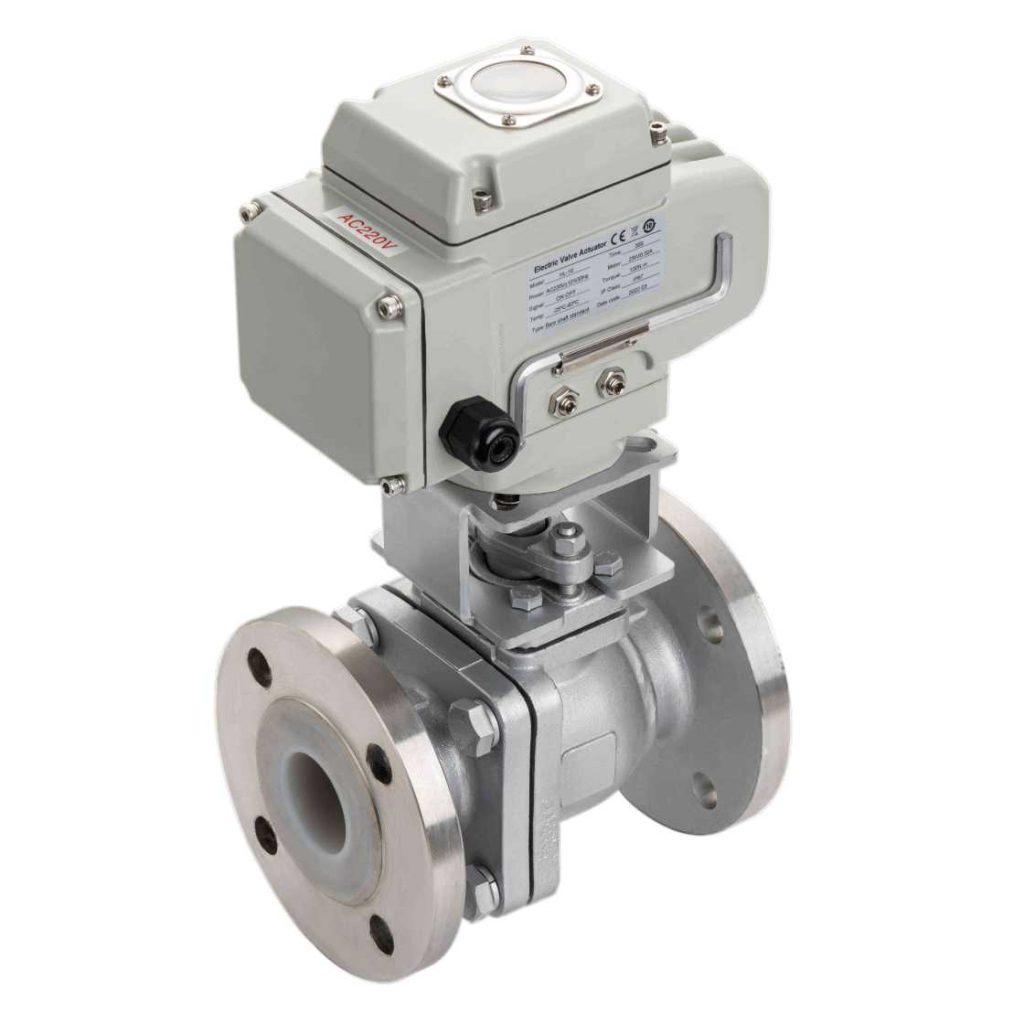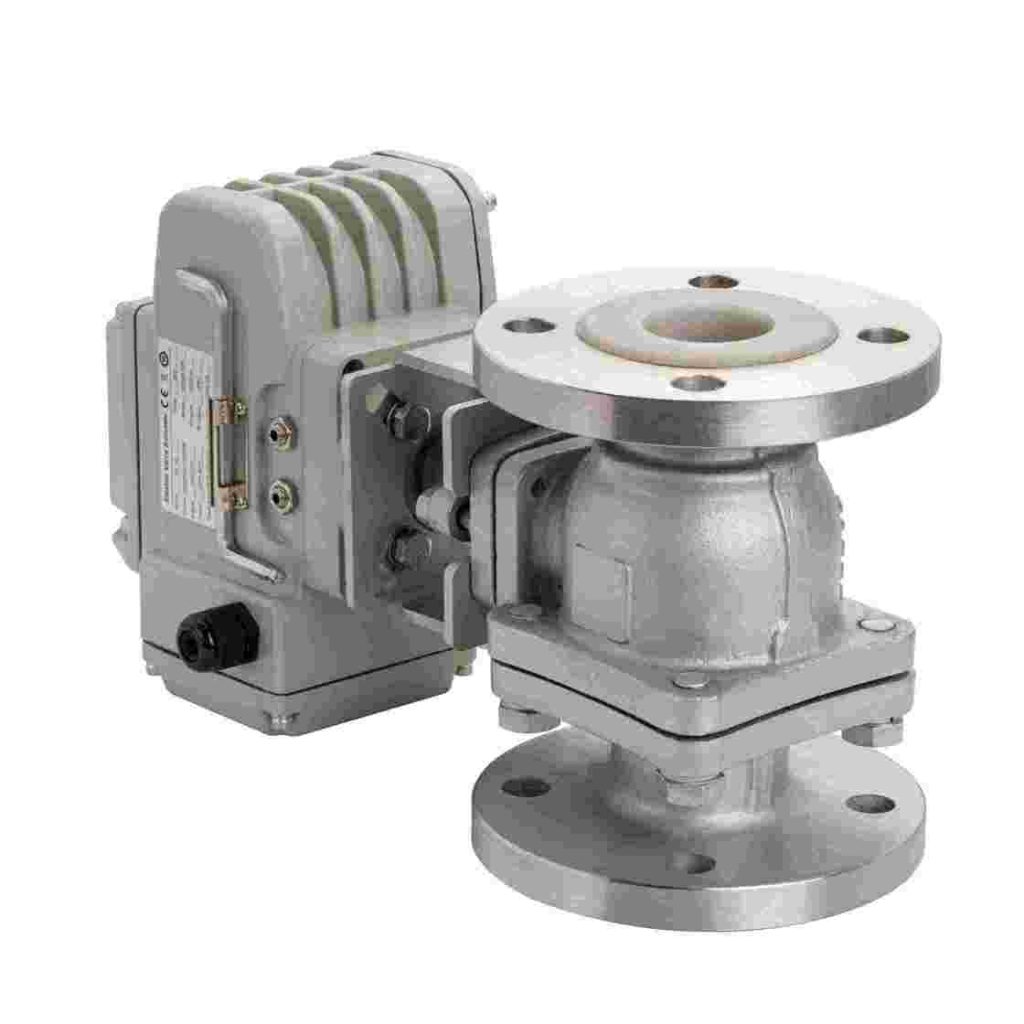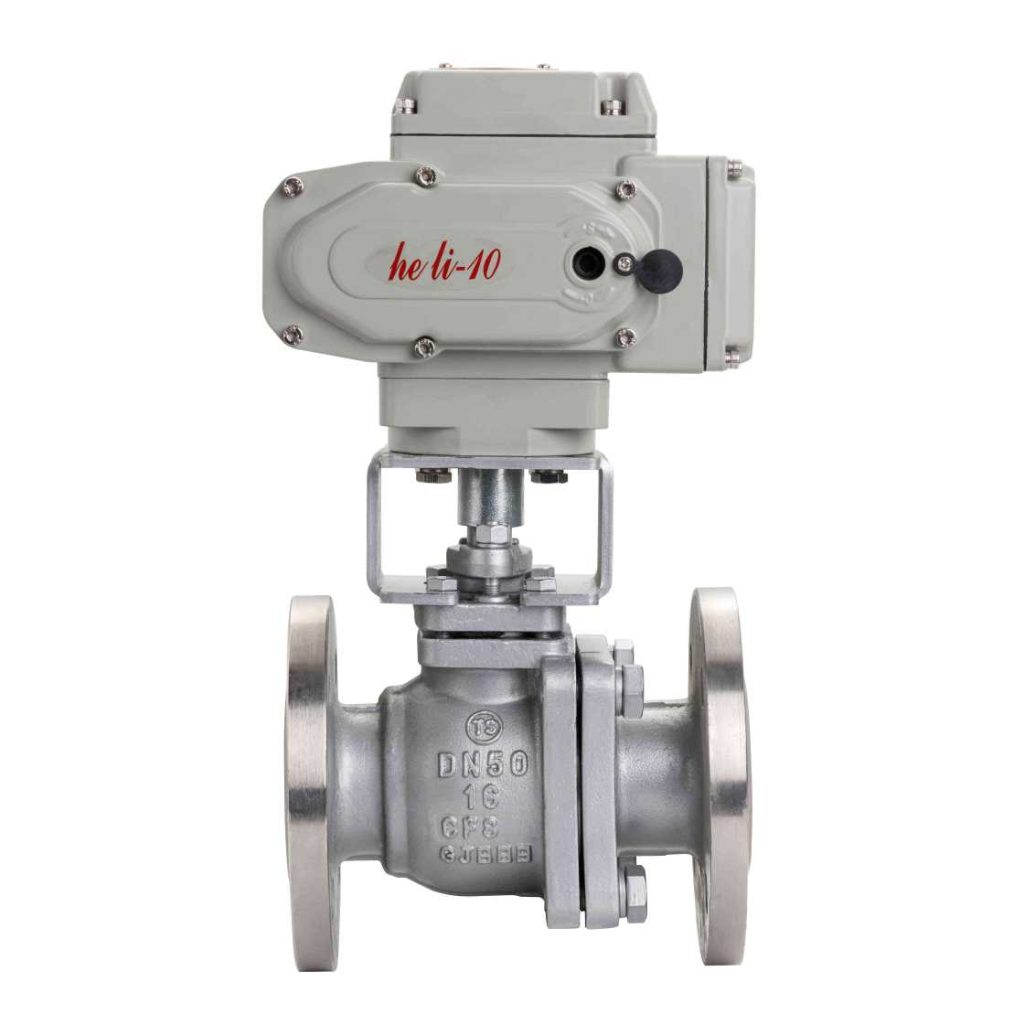The Electric Anti-Corrosion Ball Valve has emerged as a key component in industrial fluid control systems, offering significant advantages over traditional valves in terms of durability, performance, and automation. These valves are designed to meet the rigorous demands of industries that deal with corrosive materials, high pressures, and extreme temperatures. In this article, we will explore the features, applications, and benefits of electric anti-corrosion ball valves, highlighting their crucial role in various sectors.

What is an Electric Anti-Corrosion Ball Valve?

An Electric Anti-Corrosion Ball Valve is a type of valve that combines the precise fluid control of a ball valve with the added benefit of electric actuation. The ball valve is the key element in regulating the flow of liquids and gases within a pipeline. The valve’s spherical ball has a hole through its center, and when rotated, this hole aligns with the flow path to allow or stop the passage of fluids. What makes the electric version unique is the incorporation of an electric actuator. This actuator enables automated control of the valve, allowing it to be operated remotely and integrated into control systems. The “anti-corrosion” aspect refers to the valve’s construction using materials that resist chemical degradation, making it ideal for industries dealing with aggressive substances like acids, alkalis, and seawater.
